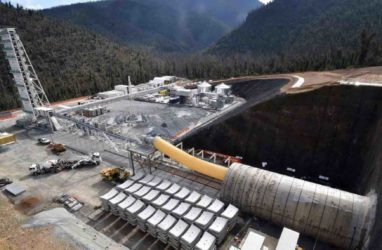Australia's commitment to a 62–70% reduction in emissions by 2035 marks a pivotal shift in its climate policy, moving from a previous target of 43% by 2030. Prime Minister Anthony Albanese emphasized that this ambitious goal is grounded in scientific support and a practical implementation plan. The announcement comes at a critical time, as Australia prepares to present its updated targets at the UN General Assembly, amidst increasing global scrutiny and domestic political divisions. The Climate Change Authority's endorsement of this target, based on extensive stakeholder input and economic modeling, underscores its feasibility, though it will necessitate significant emissions reductions across various sectors within the next decade.
The introduction of a $7 billion climate funding package, including a $5 billion Net Zero Fund and an additional $2 billion for the Clean Energy Finance Corporation, aims to facilitate the transition to renewable energy and enhance industrial competitiveness. Climate Change Minister Chris Bowen framed this initiative as an economic necessity, highlighting the potential for job creation and economic growth through strategic investments. However, the credibility of Australia's climate ambitions will hinge on consistent policy decisions, particularly regarding fossil fuel projects, which continue to provoke political contention. As the nation navigates this complex landscape, the implications for investors and policymakers will be profound, reflecting both the challenges and opportunities inherent in the transition to a sustainable economy.







